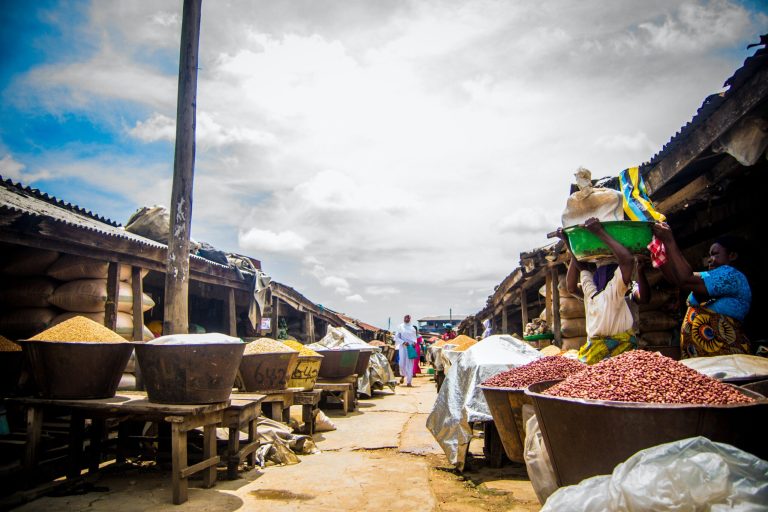Senior Project Manager at Fairtrade, Freyja Detjen have said that Nigeria’s food production is poised to increase by 48% to €62.6 billion between 2021 and 2024.
Detjen stated this at a pre-media and stakeholders’ pre-exhibition meet-up to drive growth in agrofood sector held in Lagos state.
This is despite the rising inflation in the country that saw the inflation rate for January rose to 29.90% from 28.92% recorded in the previous month according to the latest National Bureau of Statistics (NBS) inflation report.
The increase marked the twelfth consecutive increase in the inflation rate from February 2023.
She stated that Nigeria’s food production had witnessed a remarkable surge of 39.6% in recent years, from €26 billion in 2016 to €36.3 billion in 2020.
She said in spite of the significant investments in local food production, Nigeria’s food imports stood at $6.9 billion in 2022, positioning the nation as one of Africa’s foremost food importers.
- “With €143 million in 2022, Nigeria emerges as the second-largest investor in plastics technology in Africa, showcasing an annual growth rate of 17.6|% between 2016 and 2022.
- “Nigerian imports of printing and paper processing technology have surged by 17 per cent annually, reaching €92 million in 2022, securing Nigeria’s position as the second-largest investor in sub-Saharan Africa.
- “Nigeria leads in packaging technology investments in Africa with €183 million in 2022, surpassing South Africa with €175 million and Egypt with €162 million,” she said.
Detjen said the ninth agrofood and plastprintpack Nigeria 2024 would be the largest ever, saying that global technology leaders from 17 countries would attend the three-day conference.
What you should know
What you should know
Nairametrics reported that the NBS reports a significant surge in the food inflation rate for January 2024, reaching a year-on-year high of 35.41%. This marks a substantial 11.10%-point increase from the 24.32% observed in January 2023, highlighting a pronounced rise in the cost of food items.
- The key drivers of this inflationary pressure include notable price hikes in essential food commodities such as bread and cereals, potatoes, yams and other tubers, oils and fats, fish, meat, fruits, as well as coffee, tea, and cocoa.
- In a more granular month-on-month analysis, the food inflation rate for January 2024 escalated to 3.21%, which is 0.49% points above the rate recorded in December 2023 (2.72%). This increase can be attributed to the accelerated rate of price rises in potatoes, yams and other tubers, bread and cereals, fish, meat, tobacco, and vegetables.
- Moreover, examining the broader trend, the average annual rate of food inflation for the twelve months ending in January 2024 surged to 28.91%, representing a significant 7.38%-point increase from the 21.53% annual rate of change recorded in January 2023. This data underscores the escalating cost pressures within the food sector, affecting the overall inflationary landscape and impacting the cost of living for households across Nigeria.

